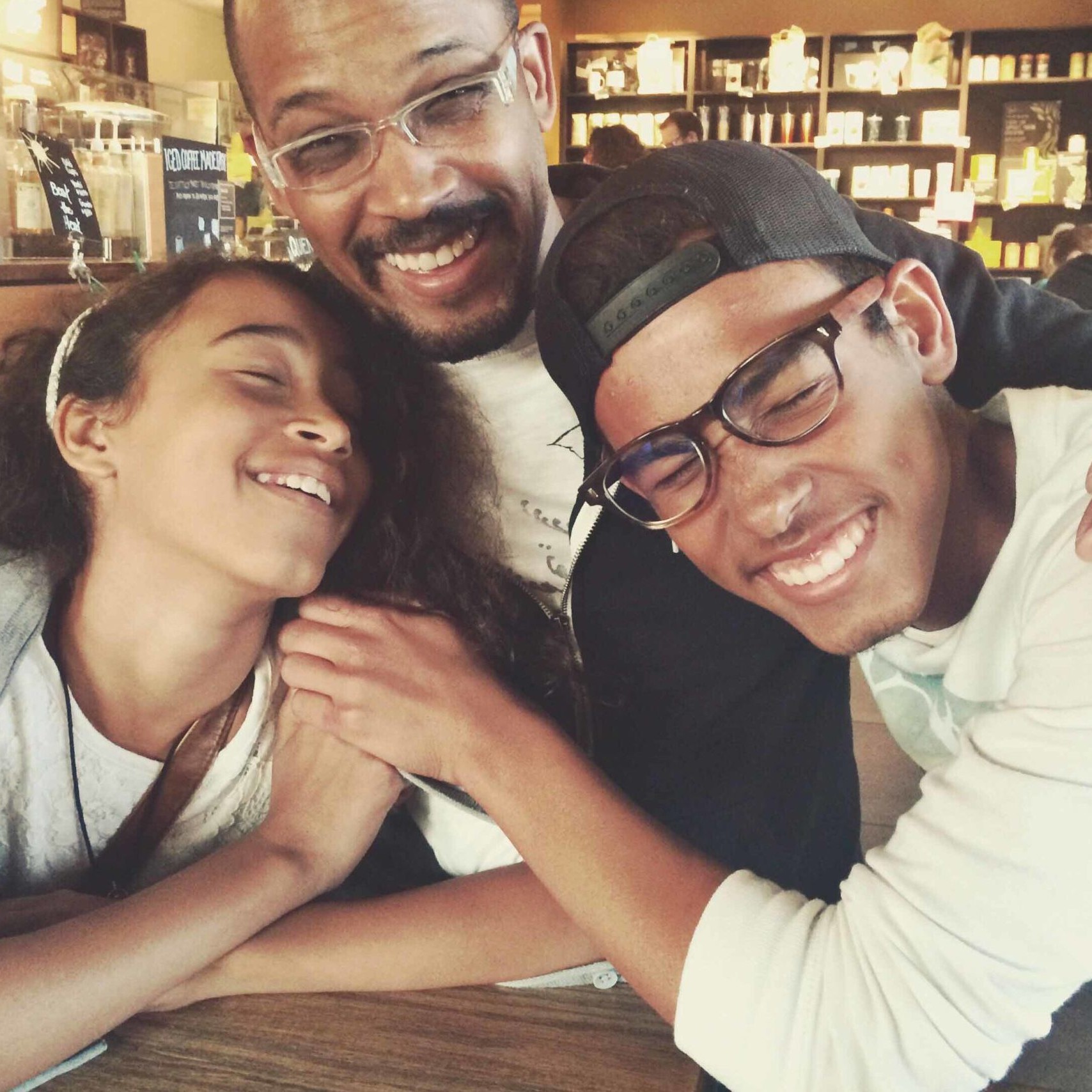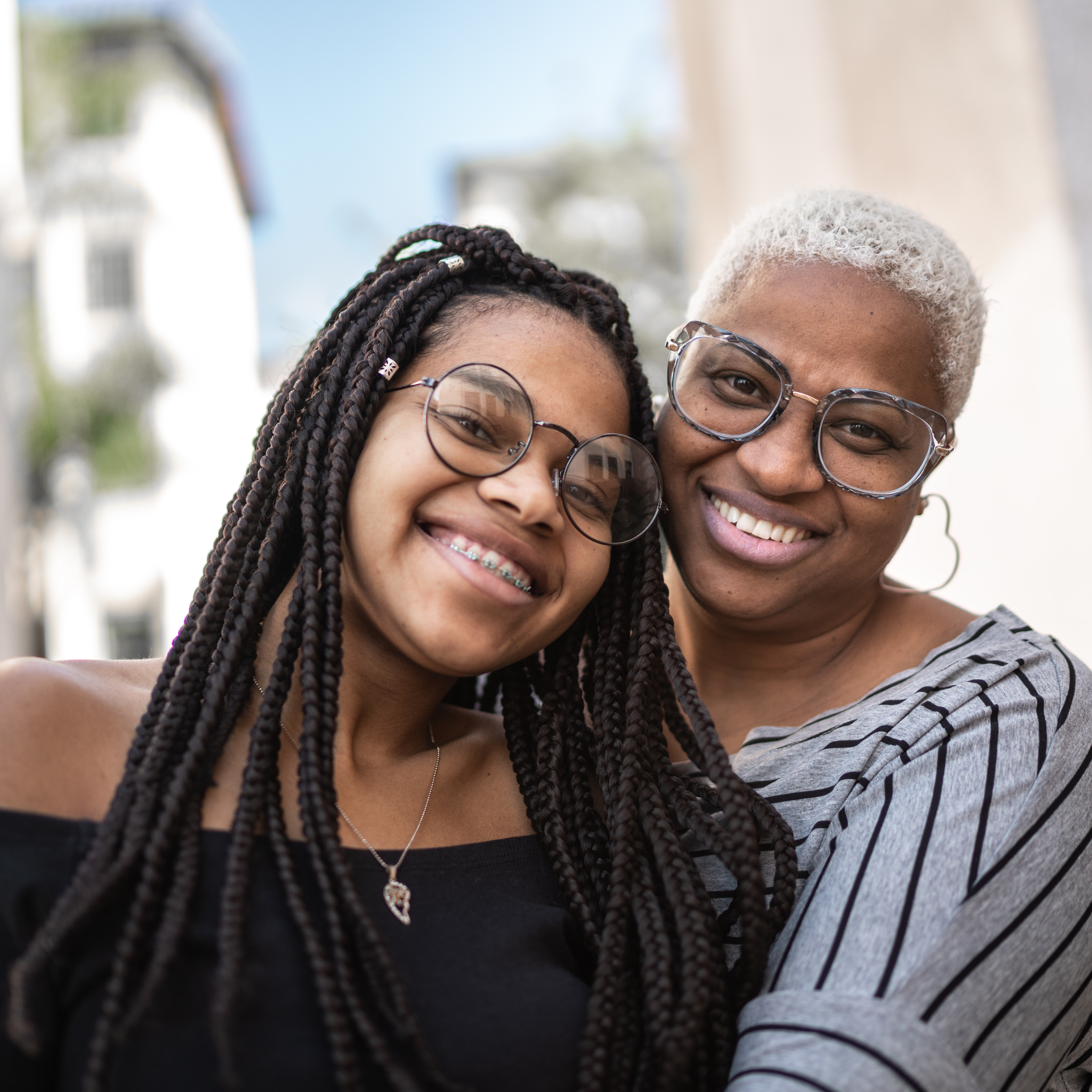If your teen is struggling with their confidence or self image, you can take simple steps to offer meaningful support and maintain your connection
We asked Colorado parents to share their toughest questions about parenting. To help answer these questions, we sought the advice of clinical social worker Felicidad Fraser. Here, she gives practical steps that can help you connect with your teen if they are struggling with their confidence.
Q: I’m looking for advice on connecting with an 18-year-old girl with low self-esteem.
Felicidad: That’s a hard one because they’ve had 18 years of reinforcing that they are not worthy. That’s armor and moat and alligators and all kinds of protections that they’ve put around them to reinforce that they’re not worthy.
So, how do you connect with someone with low self-esteem? Without taking over their story, without commanding their time, you can say, “I don’t know how you feel. I don’t know how you feel, because I’m not you. But I remember feeling this way.”
So, give the feeling of a word, give it a name. “I remember feeling bad about myself. I remember feeling not confident.” Give it a name. Normalize it.
And then validate, validate, validate, validate: “You’re a beautiful person.” Not, “you’re a beautiful girl or handsome boy,” because that’s externalizing where it all comes from. “You’re a beautiful person. I saw you the other day when you did that nice thing for so and so.”
Start acknowledging the little things that they do that you catch — like an attagirl. “Hey, I saw you do, or I heard you say…” “Thank you for cleaning up that, I didn’t even have to ask you. That was great! Thanks.”
Find ways to bring a little light into the darkness. Again, it’s not easy. And sometimes it’s frustrating. But when kids with low self-esteem get to the point where they don’t even want to engage, they really are — as much as they said that they’re not — they really are looking to you, the adult, to bring them out of it.
They really are. Don’t believe them when they tell you that they’re not.
It’s not a one-stop shop. It’s not going to happen overnight. You got to give it some time. And it’s frustrating, and it’s sad to see, but you’ve got to keep going. You’ve got to keep infusing, validate, validate, validate, encourage. If they want to sit and do nothing, sit and do nothing with them, but give them something tangible to hold on to. Take them out. Give them a book, write a story, do a video, something. Acknowledge that their low self-esteem is not internal. It’s a defense mechanism because, “Why am I afraid to tell you who I am? Because it’s all I have and you might not like it.” And so, if you teach them to like it themselves, the world is their oyster.
Q: Any other advice for parents?
Felicidad: Take care of yourselves in the midst of all of this. It’s hard to look at your child because you don’t want to see your child suffer for anything, but sometimes you have to let them go through the motions just so they can experience, so they know how to take care of themselves. But in the midst of it, take care of yourselves. And don’t view yourself as a failure because your child is not typical. There’s no such thing as typical.
Feliz Fraser
Felicidad Fraser, LCSW, received her BS in Social Work from the Metropolitan State University of Denver in 2009, and her MS in Social Work from the University of Denver in 2010. She is the president of the Association of Black Social Workers (ABSW) Colorado Chapter. She is also president of Give An Hour, an organization that donates pro-bono mental health services to active and inactive members of the armed forces and their families. Felicidad is also a school social worker at Independence Academy. Much of her time is dedicated to her students, her family, and blossoming social workers new to the field.
Want More Support for Your Teen?
The world can be a tough place. Speaking to a therapist can help a child with complex feelings. Now, it’s available for free.
Visit IMatterColorado.org to learn more and help your child sign up for three confidential and free therapy sessions with a professional.



